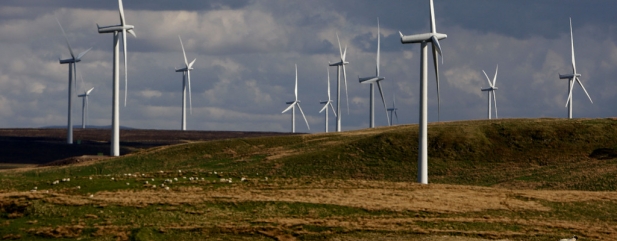Dividend hungry investors should not pay any price for income as it could result in a capital loss, warn analysts at Stifel as they downgrade the popular Greencoat Renewables (GRP) investment trust to a negative rating.
Renewable funds have been in high demand for years due to their generous dividends and environmental friendliness, meaning they often trade at double-digit premiums to their net asset value (NAV).
Greencoat Renewables is no different with its 4.9% dividend yield, but Stifel says its current premium of 21% is a price not worth paying given it offers ‘little or no NAV growth and marginal dividend growth’.
Stifel says the fund is a ‘prodigious issuer of capital’ and believes investors would be better served by exiting now and biding their time until its next capital raise or share price setback.
They point out the current premium is equivalent to over three years of dividends (or two years if compared to the last share issuance price), ‘giving an exiting investor plenty of time to wait for a more attractive entry point’. Stifel also notes the last capital raise in December was done at a price 10% below the current share price.
Meanwhile a lot of bad news is coming out of the sector which also makes it less attractive from an investment perspective.
Stifel said in April it thought many funds would be vulnerable to revenue shortfalls and reduced dividend cover when they come to renew price agreements, unless there is a substantial recovery in power prices which fell during the coronavirus pandemic.
‹ Previous2020-08-27Next ›

 magazine
magazine








